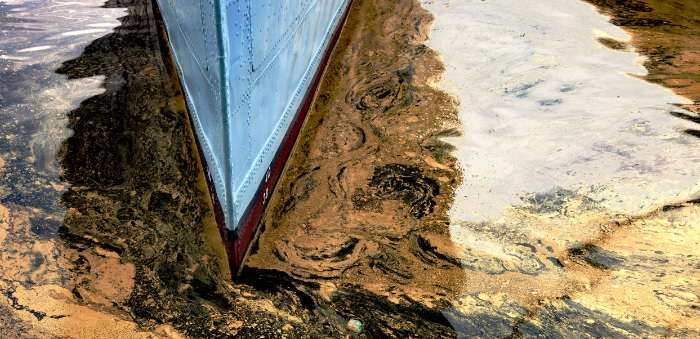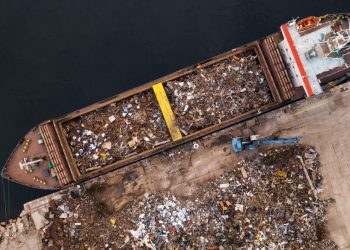With effect from 2020, Greece has reformed its environmental law, imposing higher pollution fines for potential marine incidents. In this regard, the Shipowners Club provided a table with the updated pollution fines, to enhance operators’ awareness and provide some practical tips should a pollution incident occur.
By virtue of Presidential Decree 113/2019, the administrative fines for breaches of the Greek statute on ship-source pollution have been increased to implement EU Directives 2005/35 and 2009/123.
This coincides with an increase of the administrative fines for breaches of the General Marine Environment Protection Statute (Law 743/1977 as codified by PD 55/1998).
Specifically, there have been major increases for fines in the event of oil pollution which came into effect on 31st December 2019:

There is no definition of what constitutes a serious pollution incident for the purposes of A or B, but we anticipate that this will include pollution extending to a large area, which has a detrimental effect on the marine environment and potentially impacts the tourist industry,
…the Club explained.
What to do when pollution occurs
Operators are advised to act promptly by:
- Collecting and storing any relevant evidence;
- Notifying the relevant authorities and cooperating with their investigations;
- Taking immediate steps to stop the source of pollution and to clean the pollutant;
- Appointing a clean-up contractor; and
- Contact Club as soon as possible to ensure for case specific advice and assistance.
See also:






























































